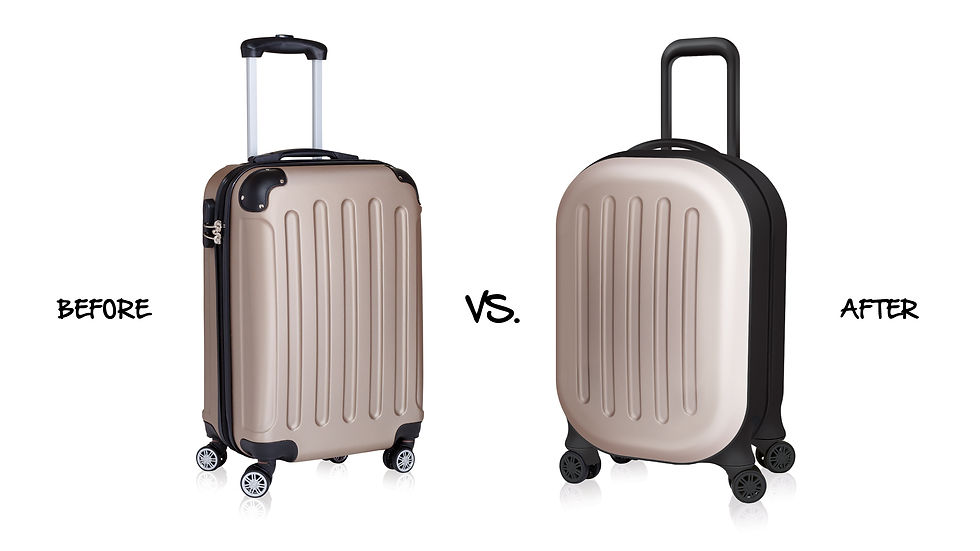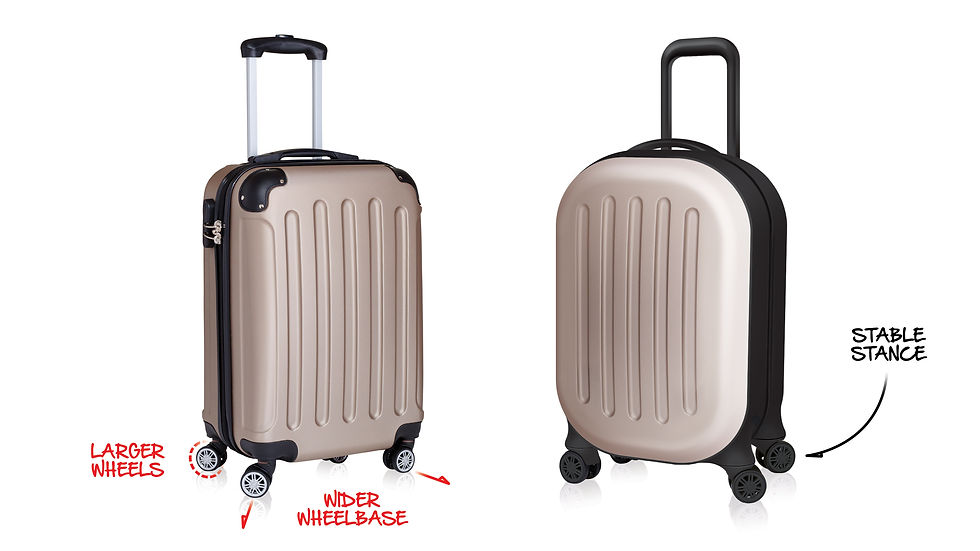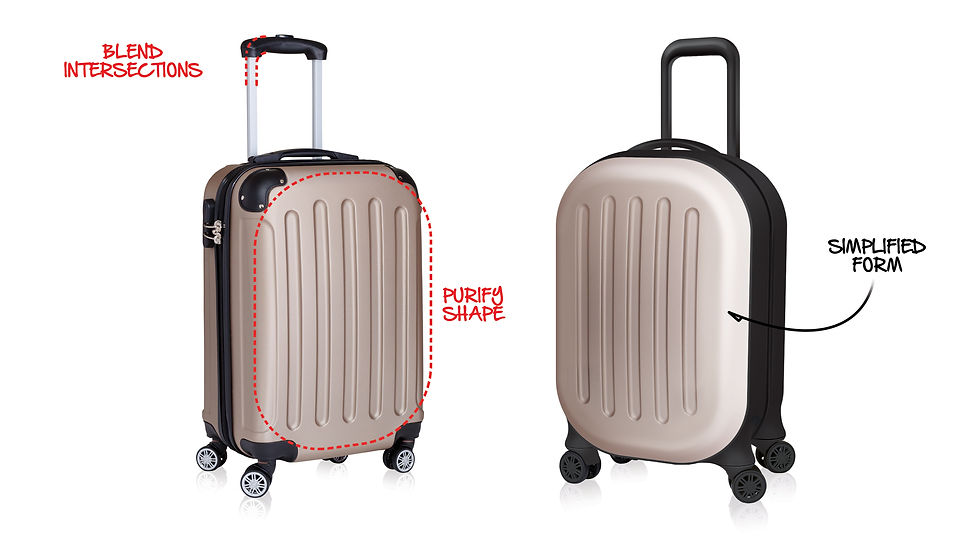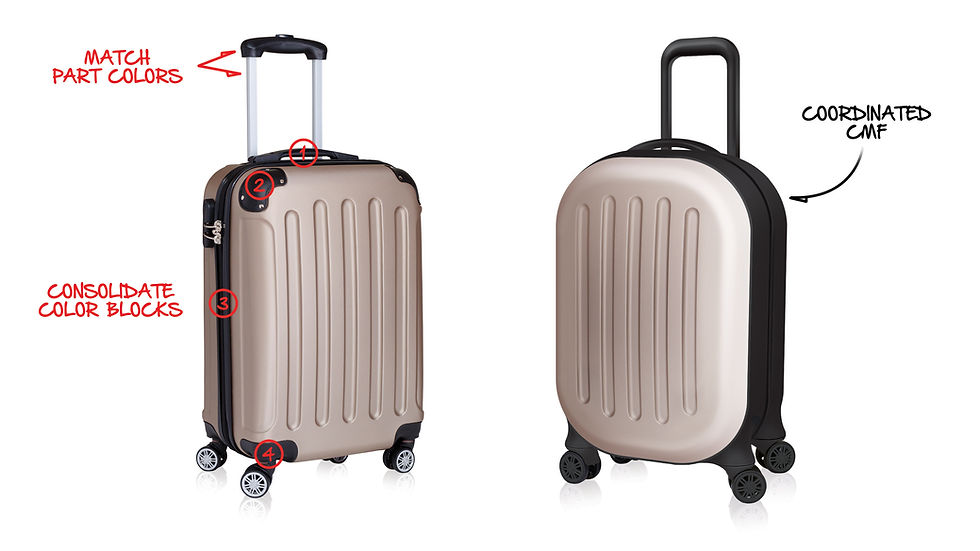3 Ways to Improve Your Product’s Aesthetic
- Kelly Custer
- Nov 5, 2020
- 2 min read
The way your product looks and feels has great power to attract and excite your potential customer. Before having the chance to wow your user with its functionality, your product is typically first judged by its appearance. Your product's overall aesthetic is formed by many factors and us humans are extremely perceptive of the story your aesthetic tells. You might not be aware of the first impression that your product is making on the passerby, or worse yet... how to control it.
Since beauty is in the eye of the beholder, aesthetic preferences are subject to your target user's particular tastes. In other words, your product can take on a number of different aesthetics depending on the specific customer you are targeting. However, there are three overarching aesthetic aspects that can be tailored to almost always improve your product. Let's dive in to identify and explore each one:

1. Intentional Stance
Every product projects a character by the way it stands on the ground. Just like how we predict a person's personality by their posture, we judge a product's personality by its stance. It is important to understand the impact that stance has on the character of your product, identify what character you want to express and then intentionally stance your product to convey this character.

2. Unified Form
While there are many different shapes your product may take, depending on the specifics of its purpose, there is almost always benefit in consolidating your product's components into a unified form, reducing visual complexity. By thoughtfully integrating your collection of parts into one cohesive form, your product looks refined and recognizable as an iconic product.

3. Complimentary CMF
The colors, materials, and finishes (CMF) of your product attract and hold the attention of your customer. The best strategy here is to be thoughtful. Select the colors, materials, and finishes that support your product's function, flatter your product's form and entice your customer. Make sure that your medley of colors, materials, and finishes complement one another for a cohesive theme.

Conclusion
By intentionally refining stance, form, and CMF you can control the first impressions of your product. Your product's aesthetic should be persuasive, motivating your customers to come closer and experience the product for themselves. Take a look at your current product. Is there an opportunity to make its aesthetic more desirable to your customer?
